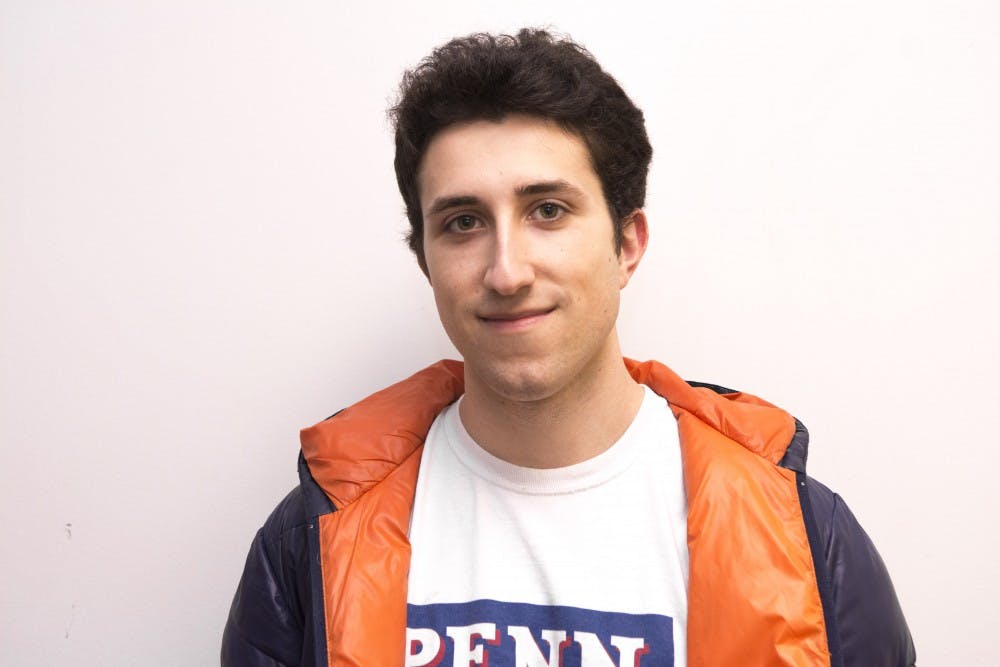There’s a war over speech happening on college campuses. Namely, over what gets to be said and who gets to say it. As a college student, I find myself confused by the modern reincarnation of this debate. Why has “free speech,” a term that has historically meant protecting the rights of minorities to speak out against hate and injustice, come to represent the defense of offensive language? And why has “political correctness,” a term that denotes the challenging of injustices, become so vehemently hated?
My first clue as to why came from an experience I had sitting in a study lounge with two friends, one white, one black. The white friend, who had been drinking, started saying and repeating a word that sounded almost exactly like the N-word, although he claimed it had a different meaning. My other friend and I, both distraught, couldn’t convince him to stop.
What really confused me is why he wanted to say it at all, especially if it meant hurting his own friend. But of course, the discussion of empathy is rarely introduced. It’s all about who gets to say the N-word and who doesn’t. That shouldn’t be a surprise when one considers the history. With that word came the enslavement of an entire race of people. It defined subjugation. But when the word was revived, its reclaiming meant a reversion of ownership. So nowadays, when a white person hears they are not allowed to say it, it flies in the face of their self-perceived dominance and their right to ownership. I believe this is the same motivation behind the outrage over political correctness on college campuses.
When Erika Christakis, the associate master at Yale University’s Silliman College, sent an email urging students to disregard a previous email that called for racially sensitive costumes, students rightfully spoke out, causing an uproar across the country. To all those in the media who defended Christakis’ email, I ask one question: “What, really, are you defending?”
In the long-held tradition of racially insensitive costumes, Yale is no anomaly. There’s a history here, one rooted in minstrelsy and cultural appropriation. These costumes represent the colonization of the cultural identity of people of color. To deny the historical precedent is to deny history. The idea that this is a political correctness issue, or even a free speech issue, severely misconstrues its implications.
What’s at stake, really, is the ability of white students to appropriate the identities of their non-white peers. It’s a tradition that goes back hundreds of years and now that it’s being challenged, so called “free speech activists” are speaking out in its defense.
Media pundits like Greg Lukianoff — president of the Foundation for Individual Rights in Education — have twisted the narrative and labeled the situation at Yale as an example of censorship by overly-sensitive college students. He’s written multiple articles on the subject of safe spaces, claiming that they stifle learning. But at Yale, he has severely missed the point.
In his attempt to qualify protests at Yale and other universities as censorship, Lukianoff has denied his own ideals. When students protest and speak out against injustices at their institution they are engaging in the best form of debate that the oppressed can have with their oppressor. That’s free speech at its finest.
Students shouldn’t be shot down for wanting to make their campuses a safe space. Because no, safe doesn’t mean coddled. Safe doesn’t mean that intellectual ideas don’t get challenged. Safe means that no student is told their people don’t belong on campus or that their lives don’t matter. When one student wears a costume that degrades another or shouts slurs — as white students did to their peers at Michigan State University — we do not learn or grow as a community. Hateful acts such as these only work to disenfranchise students of color.
In the debate over political correctness, it’s no coincidence that the charge for ridding colleges of their safety is being led primarily by those who would not be harmed. For all their claims of “wimpifying” students, those who badmouth political correctness are actually the most sensitive of all. You ask them to change a few words, invite a couple of brown folks to their parties and all of a sudden political correctness becomes the newest epidemic.
Let us be honest about who really stands to lose in all this. Across the country, students of color are fighting for safety and respect. Supposed free speech proponents, on the other hand, are fighting to take those things away.
Cameron Dichter is a College sophomore from Philadelphia, studying English. His email address is camd@sas.upenn.edu. “Real Talk” usually appears every other Monday.
The Daily Pennsylvanian is an independent, student-run newspaper. Please consider making a donation to support the coverage that shapes the University. Your generosity ensures a future of strong journalism at Penn.
DonatePlease note All comments are eligible for publication in The Daily Pennsylvanian.





